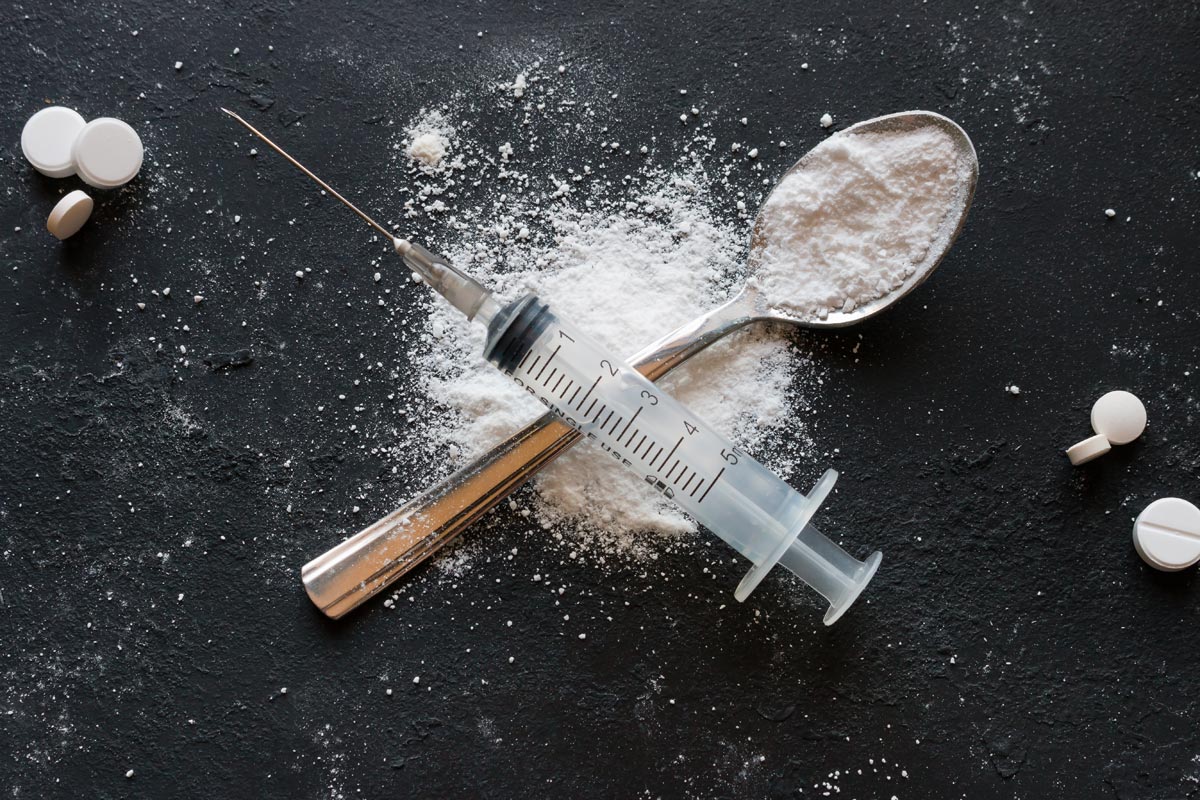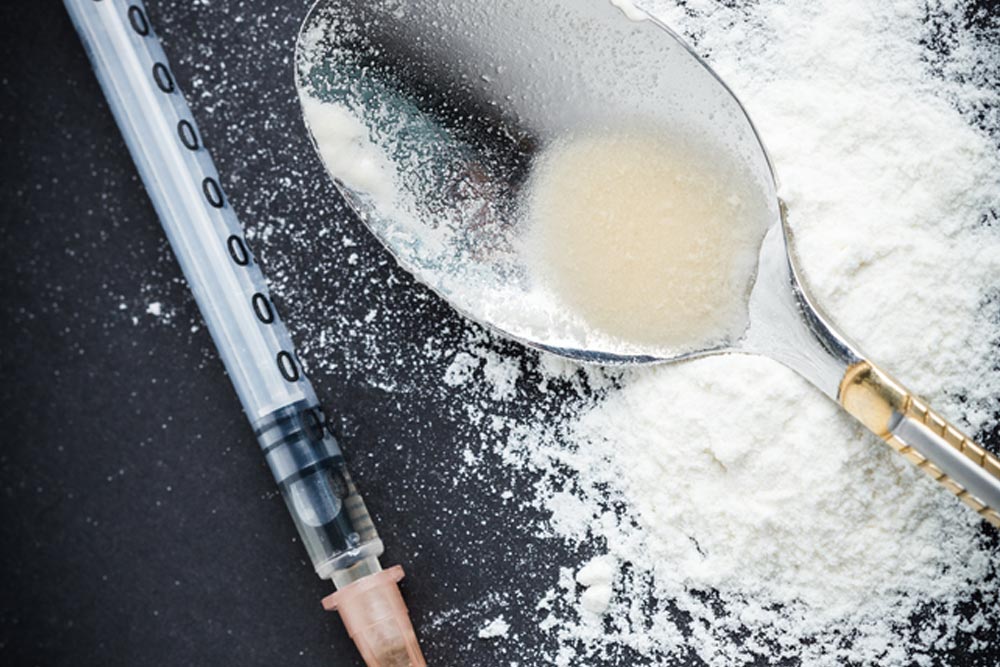A requirement that could be a long way from fulfillment. So, how close are way to seeing a vaccine for deadly drugs like heroin …
Heroin Vaccine Shows Promise for Addiction
a partial agonist opioid receptor modulator. Which causes euphoria. The point is that these drugs are not intended to cure …
Continue Reading about Heroin Vaccine Shows Promise for Addiction








